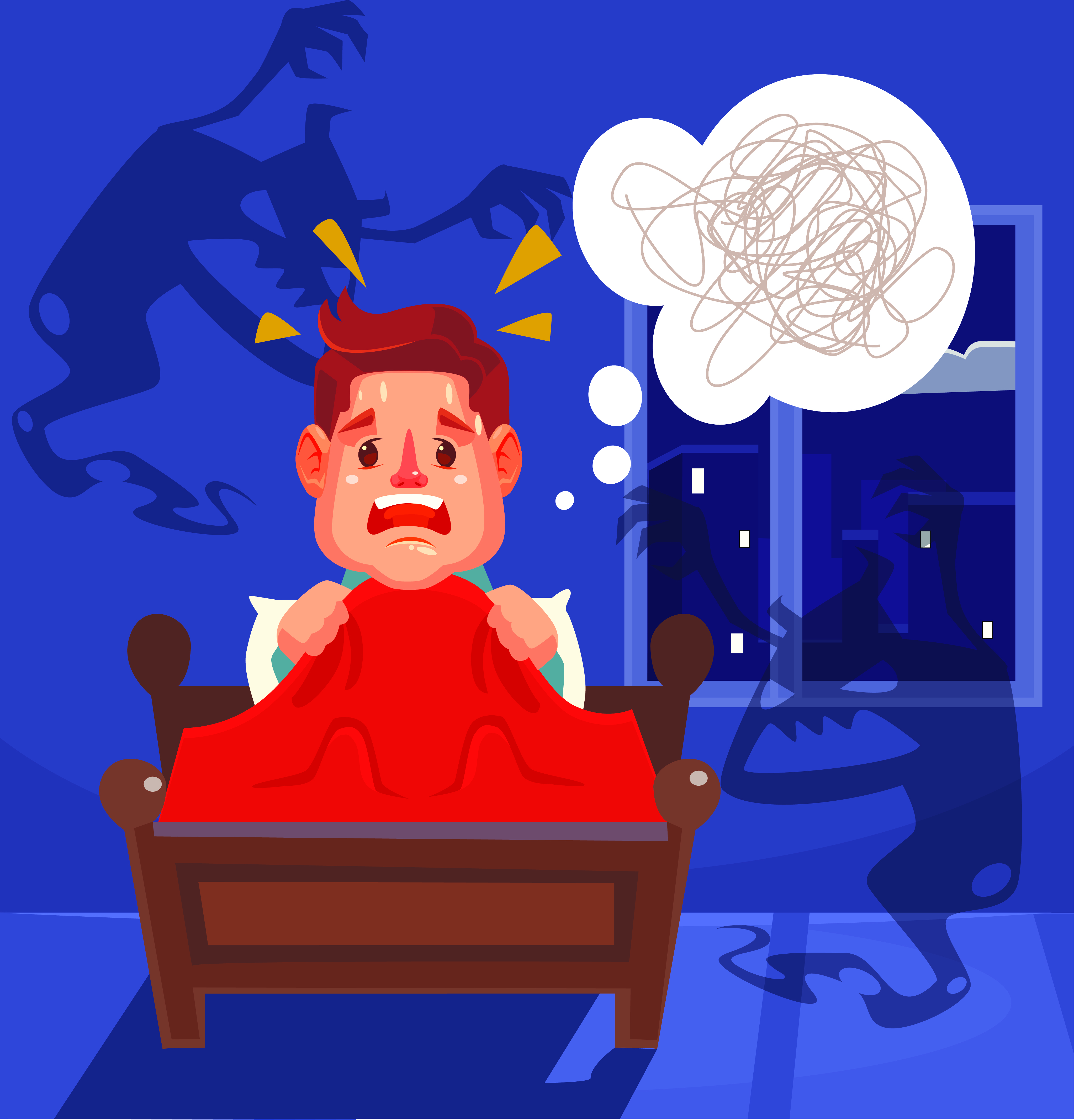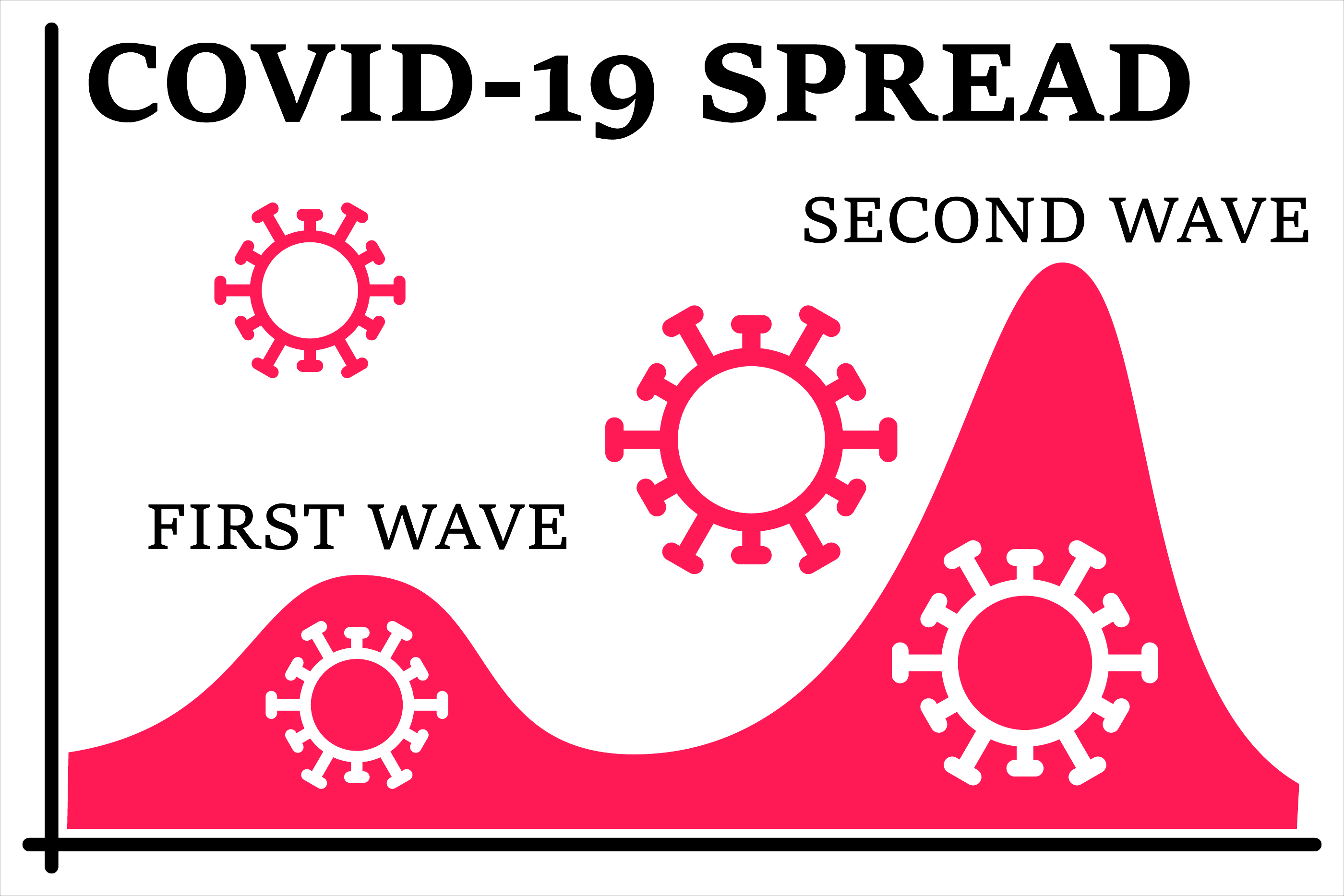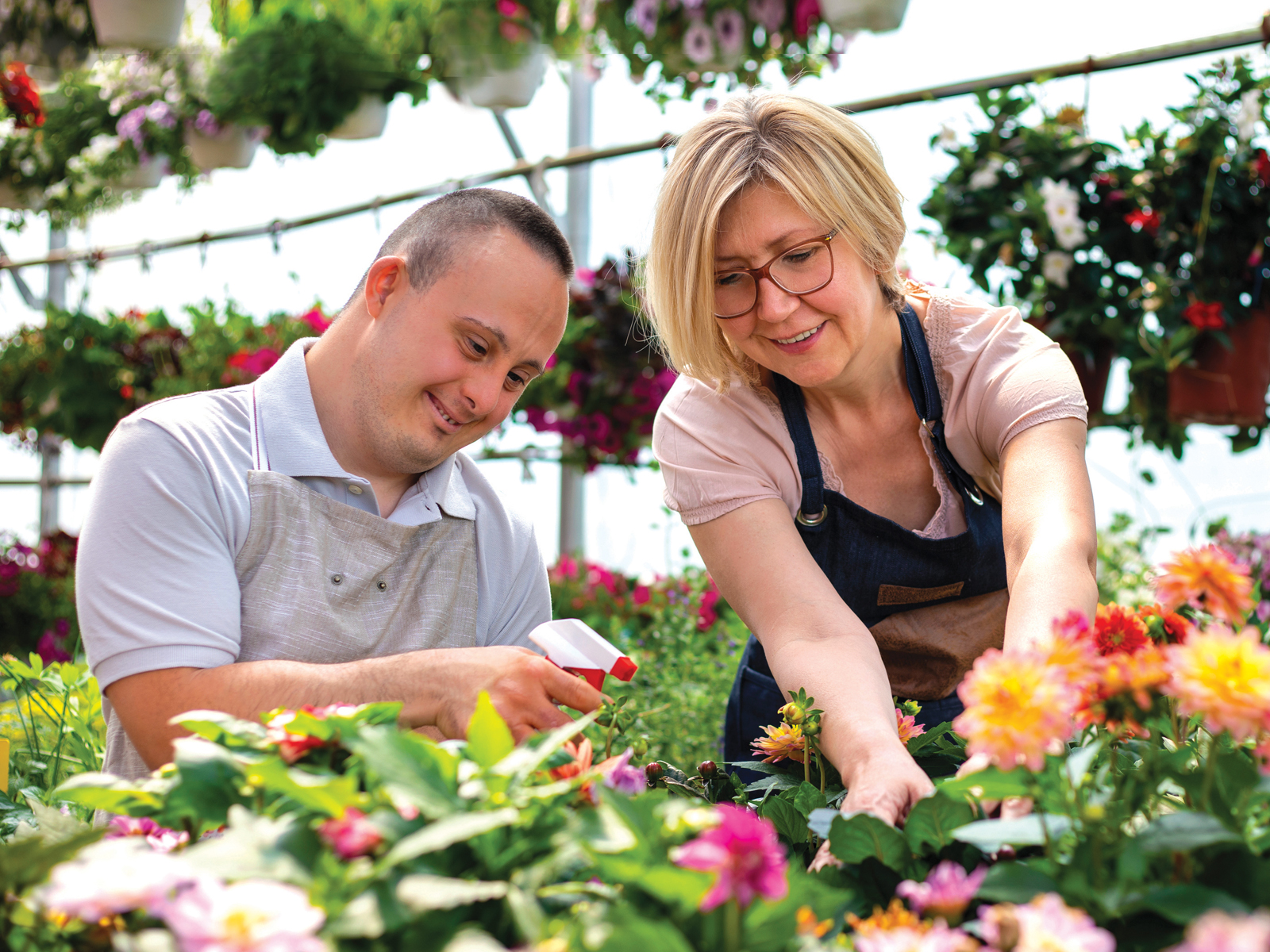
Nightmares?
Danish researchers found that people who were born blind tend to have four times more nightmares than those who became blind or their non-blind counterparts. Nightmares are believed to be rehearsals of daily fears they may have like getting lost, hit by traffic or being even bitten by a dog.
Source: Sleep Medicine

A new way to ‘watch’ football
Spanish banking giant Santander has put its weight behind the development of a device that records football’s movement data, thereby enabling fans who are blind to experience matches using their fingertips. Score!
Source: www.finextra.com

Masked sex during COVID-19?
The wearing of a face mask during sexual intercourse was recently recommended by Dr. Theresa Tam, Canada’s now very familiar Chief Medical Officer. What do North Americans think of that advice? According to one study of those surveyed:
- 57% would still have sex with a partner even if they couldn’t kiss or face their partner during intercourse.
- 54% do not believe wearing a mask during sex will help prevent the spread of COVID-19.
- 40% will wait longer to have sex with a partner post-pandemic than they did in the past.
People are more concerned about contracting a STI/STD (26%) than contracting COVID-19 (19%) from sexual intercourse.
Source: Ella Paradis

Predicting a pandemic?
A decade ago, researchers built Google Flu Trends, to analyze the use of 45 search terms to predict flu epidemics. Now a Harvard team has created an algorithm that combines Twitter posts, Google searches, and location data to predict flare-ups with 14+ days notice. Another model from University College London centers on people’s loss of smell, one of the most distinctive COVID-19 symptoms. It watches for a jump in search phrases like “I can’t smell” and “lost my sense of smell.” Initial evidence seems promising. “I can’t smell” searches correlated strongly with the peak of infection in Spain, Brazil, Italy, and the UK. The Chinese first got wind of COVID-19 at the end of December after an uptick in words like “SARS,” “shortness of breath,” and “diarrhea” in social media posts.
Source: thehustle.com

There’s plastic in your poop
Microplastics might be hurting us all, according to scientists who have been warning us for years about the potential dangers of plastics in the human food chain. Now, they say they have the first real evidence that we really are taking in—and putting out—microscopic particles of the petroleum- based stuff.
Researchers reported that every single stool sample in their analysis tested positive for the presence of microplastics. Up to nine different types of particles, smaller than 5 millimetres, were identified in the samples, including common household and food-industry staples like polypropylene, polyethylene, and terephthalate. On average, every 10 grams of stool contained about 50 microplastic particles.
Source: www.health.com
Up to 80% of those infected with COVID-19 are asymptomatic. 15% are severe and require oxygen, and 5% need ventilation.
Source: WHO













